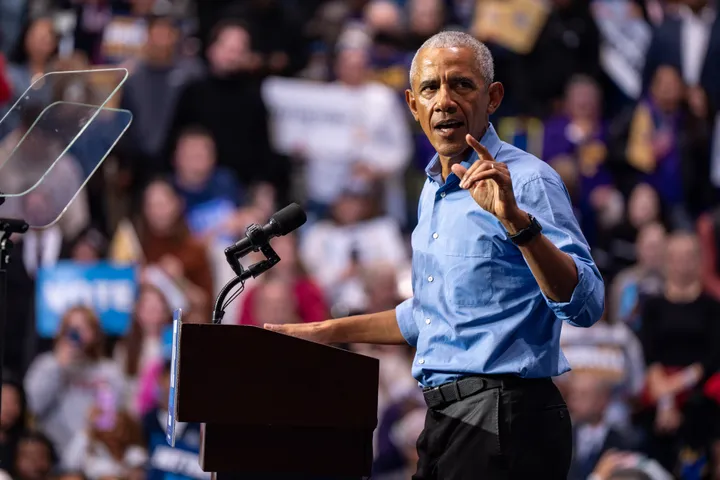Gulf Centre for Human Rights (GCHR) has documented a worrying trend of human rights violations that have taken place in Iraq in the lead up to and during the recent elections that took place on October 10.
In its latest report, GCHR highlighted harassment of civil society activists, journalists and the media, as well as the use of torture against citizens.
Overall, authorities logged at least 77 violations during the election process across Baghdad, Kirkuk, Basra, Erbil, Nineveh, Diyala, Anbar, Wasit and Diwaniyah.
During the voting process, which saw a turnout of about 41 percent, some election centres witnessed several violations and attacks against observers and “attempts to defraud, entrap and intimidate” voters.
It was reported that voters in the eastern Iraqi governorate of Diyala were pressured to elect a specific candidate.
On October 3, armed men affiliated with a political party attacked the residence of a citizen who refused to hang their candidate’s election banner. The following day, a similar incident was recorded.
Added to it was the targeting of political activists and candidates that participated in the elections. On October 8, gunmen shot at Sadir Al-Khafaji, an electoral candidate in the Karrada district in Baghdad. Al-Khafaji escaped without any serious injuries.
On September 30, Harith Jabbar, a judge survived an assassination attempt in Maysan Governorate. Azhar Hatem, a civil society activist, also survived a shooting attempt in Dhi Qar Governorate in southern Iraq a few days later.
On October 9, the body of a 16-year-old protestor Haider Mohammed Al-Zamili was found in a river in the city of Diwaniyah.
GCHR reported it had received several disturbing cases of detainees being tortured in government prisons and detention centres.
The targeting of journalists has also continued, despite assurances by Iraqi Prime Minister Mustafa al-Kadhimi’s government to protect media freedom.
On October 8, Abbas al-Arkoazi, a correspondent for Al-Baghdadiya TV, was arrested in Diyala Governorate while covering the elections. A day before, journalist Ali Abdulzahra, who works for Deutsche Welle, disappeared under unknown circumstances.
On September 26, writer and political analyst Ali Al-Baydar informed GCHR that he was threatened with imprisonment by politicians for his critical views on social media.
Meanwhile, peaceful demonstrations and protests cutting across all segments of Iraqi society have continued to take place across the country, as popular anger grows over issues plaguing the country from corruption, restriction of public freedom to subpar public services.
As part of its recommendations, GCHR called on the Iraqi government to “take full responsibility to protect all demonstrators, journalists, human rights defenders and members of civil society.”
It also called for laws to be reinforced against sexual assault and domestic violence, as well as for authorities to “identify all perpetrators of kidnappings, torture, and killing of human rights defenders, peaceful demonstrators and other activists, and bring them to justice.”
“The authorities must fulfill their constitutional obligations not to violate public freedoms, including freedom of peaceful assembly, freedom of expression, and freedom of the press,” the report added.






















